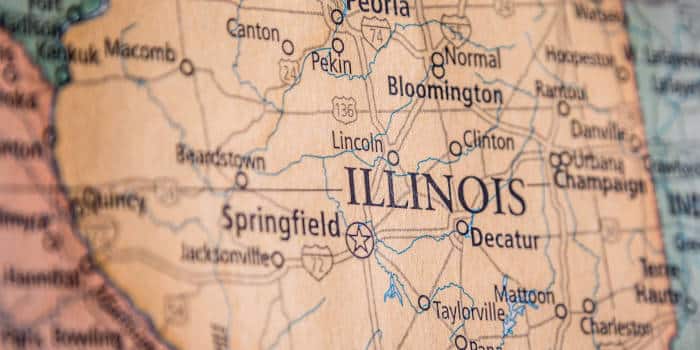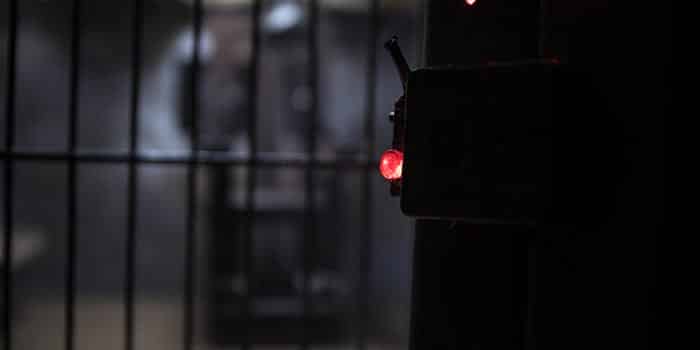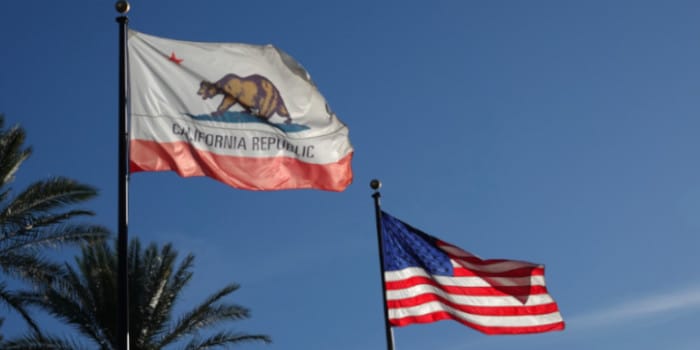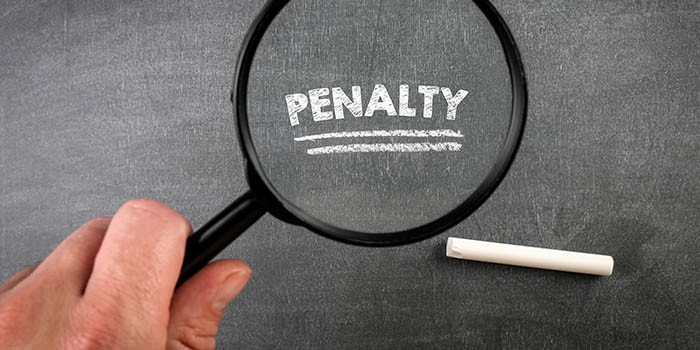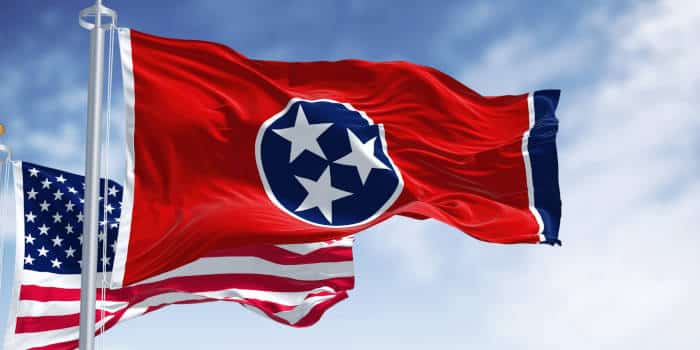- Casino
- By State
- Alabama
- Alaska
- Arizona
- Arkansas
- California
- Colorado
- Connecticut
- Delaware
- Georgia
- Florida
- Hawaii
- Idaho
- Illinois
- Indiana
- Iowa
- Kansas
- Kentucky
- Louisiana
- Maine
- Massachusetts
- Maryland
- Michigan
- Minnesota
- Mississippi
- Missouri
- Montana
- Nebraska
- Nevada
- New Hampshire
- New Jersey
- New Mexico
- New York
- North Carolina
- North Dakota
- Ohio
- Oklahoma
- Oregon
- Pennsylvania
- Rhode Island
- South Carolina
- South Dakota
- Tennessee
- Texas
- Utah
- Vermont
- Virginia
- Washington
- West Virginia
- Wisconsin
- Wyoming
- By State
- Slots
- Poker
- Sports
- Esports
Vermont Pushes on with Senate Bill 77 for Mobile Betting

A new senate bill pitched by familiar sports betting sponsors could make its way through the legislature and come into effect on July 1.
SB 77 Makes Headway in Legislature in Vermont
Vermont senators are keen to move on quickly with a proposed sports betting bill that could see the state host its own legalized wagering industry. Senate Bill 77 pitched by Senators Richard Sears, Christopher Pearson, Michael Sirotkin and Richard Westman is back and wants to see the industry fire up.
As per the draft bill, regulating the industry would fall within the remit of the Vermont Department of Liquor and Lottery with six licenses issued to organizations interested in running sports betting businesses.
Tax revenue would be allocated to the Vermont General Fund and bolster the ailing public purse which was rapidly depleted by the COVID-19 pandemic that rocked the state throughout 2020 and whose impact continues to be felt in 2021.
The proposal goes into details to class the different bets into Tiers, which should allow the regulator to determine what bets can be placed in person and what bets can be placed remotely. The tiers are as follows:
- Tier I: pre-game bets on match winners
- Tier II: in-play or live bets
- Tier III: proposition and exotic bets
Based on the bill, the watchdog would also have to introduce limits that are enforceable on a daily, weekly and monthly basis, something that few other bills set out. The measure is designed to protect vulnerable consumers and in many ways resembles ongoing regulatory push in the United Kingdom.
To move forward, the bill would need to clear a Senate Committee hearing first, and if everything goes according to plan, it may be introduced as a law on July 1. While the renewed push is encouraging, the 15-page bill is skimp on the details.
The Vermont Department of Liquor and Lottery to Figure out the Details
It misses out to touch on a lot of important issues, related to taxation, for example, and leaves these within the remit of the regulator, making for a vague reading, which could be either the reason why it passes or fails.
Mobile betting is in the center of the bill, with the bill sponsors all rooting for remote gambling as one of the most reliable ways of running the sports betting market. According to Sen. Sears, sports betting should bring in $3 million in tax revenue.
Vermont is in an interesting position right now, as many neighboring states are making a dash for sports betting legalization. Earlier this month, Massachusetts’ senators seemed to give their endorsement for sports betting.
New York is still debating whether it should introduce state-controlled mobile sports betting and New Hampshire is the 16th state that legalized sports betting on July 12, 2019. While Vermont can hardly compete with those states, it can act preemptively to retain as much of its sports handle within its state borders.
Should the Vermont bill clear, sports betting would be allowed for any individual of the age of 18, but no college sports betting would be allowed. Both New York and Vermont tried to pitch legislations in 2020 to enable mobile betting. They came short of the desired objective.
Luke is a media graduate who is looking to build upon his experiences from his strong love of sports betting and casino games which started during his first year of college. His fresh mindset always brings new content ideas to the team and his editorial skills will continue to grow with the help of the upper management team at Gambling News.
Previous Article

Legal
February 21, 2021
Arizona Draws Closer to Launching Sports Betting and Gambling Expansion

Must Read
More Articles






Lottery
July 18, 2025
Man Wins $1M from 2 Powerball Tickets

Industry
July 18, 2025
Carnival Corporation Becomes Member of AGA

Casino
July 18, 2025
Evolution on Q2 Results: “2025 Will Be a Great Year”

Poker
July 17, 2025
Michael Mizrachi Takes WSOP Main Event, Wins $10M

Industry
July 17, 2025
New Jersey Gaming Posts $581.6M in Revenue for June


